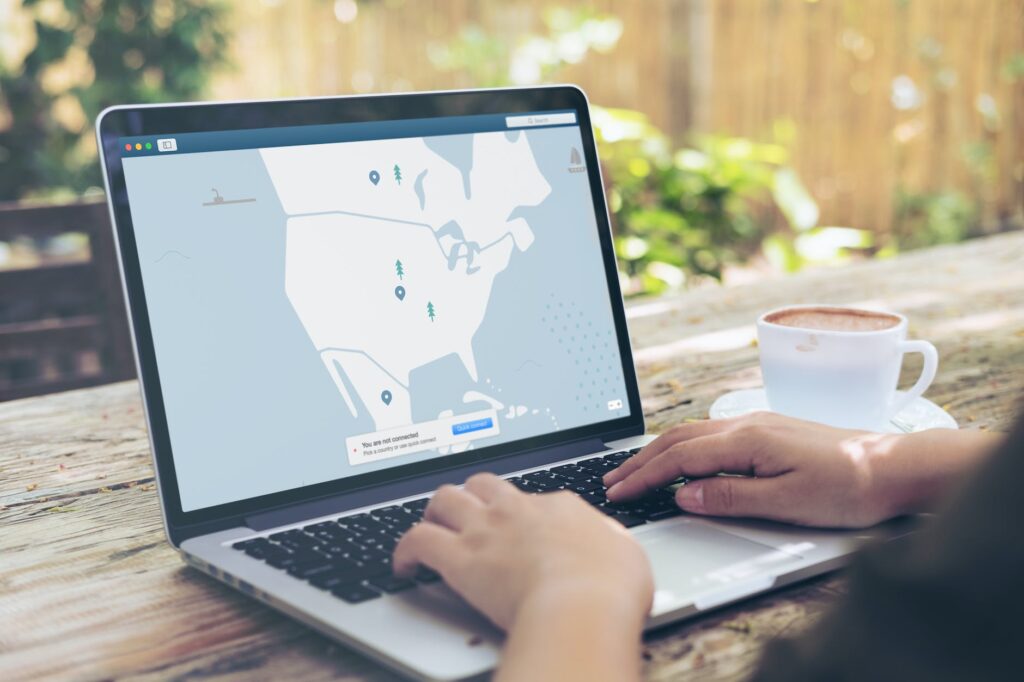Understanding the Role of Virtual Private Networks in Online Security and Privacy
What is a Virtual Private Network?
A Virtual Private Network, commonly known as a VPN, is a service that encrypts your internet connection, making your online actions virtually untraceable. By redirecting your internet traffic through a secured tunnel to a server operated by the VPN provider, it masks your IP address and shields your data from prying eyes.
Enhanced Security Features of VPNs
- Encryption Protocols: VPNs employ robust encryption methods such as AES-256, ensuring that your data cannot be intercepted and read by hackers. This encryption makes it nearly impossible for cybercriminals to access sensitive information, such as passwords or banking details.
- Secure Remote Access: For businesses, VPNs offer secure remote access to their networks. This is crucial in the current landscape where remote work has become commonplace. Employees can safely connect to corporate networks from anywhere, mitigating the risk of data breaches.
- Protection on Public Wi-Fi: Public Wi-Fi networks are notorious for their lack of security, making them hotspots for cyberattacks. A VPN provides a safe haven, creating a private network in public spaces, thereby preventing attackers from accessing your data.
Privacy Benefits of VPNs
- Anonymity Online: By encrypting your data and cloaking your IP address, VPNs allow you to browse the internet anonymously. This anonymity prevents your online activities from being tracked by ISPs, advertisers, or government entities.
- Bypass Geo-Restrictions: VPNs enable users to access content that might be restricted in certain regions. By connecting to a server in a different country, you can bypass these geographical limitations and enjoy a wide range of digital content, while also keeping your real location private.
- Prevention of Data Logging: Many VPN providers adopt a strict no-logs policy, meaning they do not store any information about your internet usage. This ensures that even if data requests are made by authorities, there is nothing available to hand over, thus protecting your privacy.
Choosing the Right VPN
When selecting a VPN, several factors should be taken into account:
- Encryption Strength: Ensure that the VPN uses industry-standard encryption for the highest level of security.
- Logging Policy: Opt for a provider that has a clear no-logs policy.
- Server Locations: More server locations mean more options for bypassing geo-restrictions.
- Speed and Performance: Ensure the VPN does not drastically reduce your internet speed.
Conclusion
In conclusion, Virtual Private Networks are indispensable for anyone looking to protect their online security and maintain their privacy. Whether you’re protecting business data or accessing global content without barriers, a VPN is a versatile tool in your digital arsenal. When implemented correctly, VPNs not only safeguard your digital footprint but also empower you with the freedom to navigate the internet without constraints.
FAQ
Q1: Can VPNs slow down my internet speed?
A1: Yes, using a VPN can potentially slow down your internet speed due to the encryption process, but the impact should be minimal with a high-quality provider.
Q2: Are VPNs legal?
A2: VPNs are legal in most countries, but their use is restricted in some nations. It’s important to check the local laws regarding VPN usage.
Q3: Can a VPN protect me from all cyber threats?
A3: While VPNs offer a high level of security, they are not foolproof. Additional security measures, such as antivirus software and firewalls, are recommended for comprehensive protection.
Q4: Do all VPNs provide the same level of privacy?
A4: No, different VPNs have varying features and capabilities. It’s vital to choose a reputable provider that offers strong privacy policies and robust security features.



